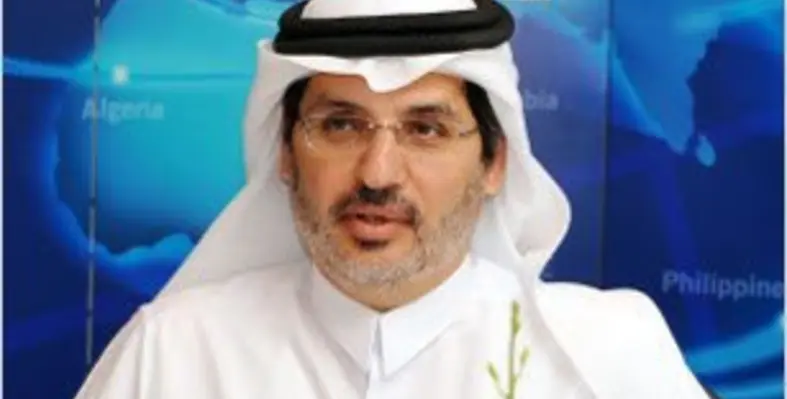Qatar Telecom (Qtel) will continue to expand via acquisitions while also growing organically in countries like Tunisia, Algeria, and Iraq where its existing mobile and fixed networks need major investment, Nasser Marafih, its chief executive said.
More measured pace
Nasser Marafih said Qtel had shifted from the break-neck pace of international expansion that saw it enter 16 countries from Indonesia to Algeria over a decade to a more measured pace.
"We have started to show we can create value by running our business, not just buying up companies," said Marafih in an interview at the Mobile World Congress in Barcelona.
For example, Marafih said Qtel has strengthened Iraq's Asiacell, in which it owns a 30 per cent stake, helping it become the war-ravaged country's number two operator. Iraq now brings in roughly one-fifth of Qtel revenues and is growing strongly, according to analysts.
Public listing
Marafih said Asiacell was ready to carry out a planned public listing of 25 per cent of the company, which was a condition of its licence, and expected to finish it this year.
Stake in Asiacell
Marafih confirmed reports that Qtel was weighing buying out the 19 per cent stake in Asiacell owned by London-based private equity partner MerchantBridge.
Dream figures
Such acquisitions in fast-growing markets of the Middle East and Asia have given Qtel a compound annual growth rate of more than 50 per cent in the past five years and margins near 50 per cent, figures that European and US operators could only dream of.
Qtel has also expanded into countries with large young populations like Indonesia which has 238mn people and a median age of 28.
Well positioned
Marafih said Qtel was well positioned to grow its business even as some of its markets matured because most consumers had not yet made the transition to data-hungry smartphones and tablets. In countries like Algeria, Iraq, and Tunisia governments have not even issued mobile licences for third generation technology that allows networks to deliver fast Internet to phones.
Qtel will seek such licences, which may be issued this year in Tunisia and Algeria, as well as work to build out fixed networks as a way to grow the businesses, Marafih said.







